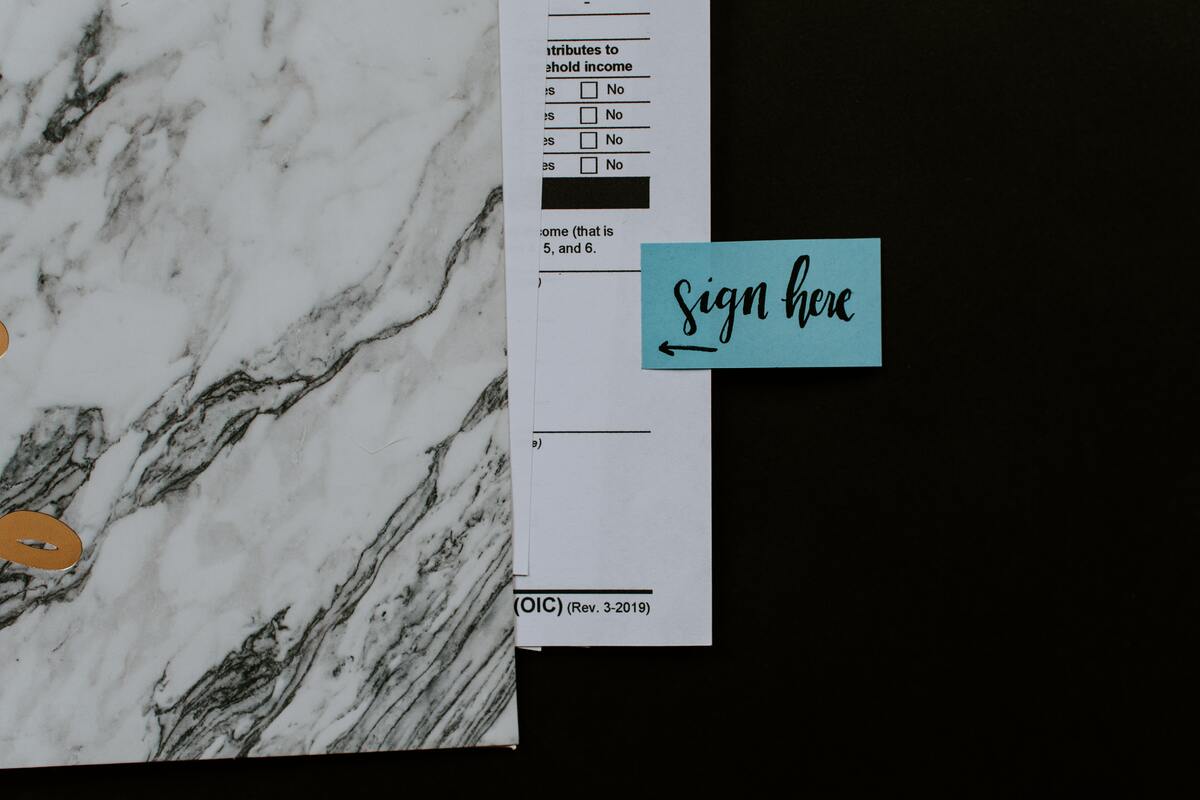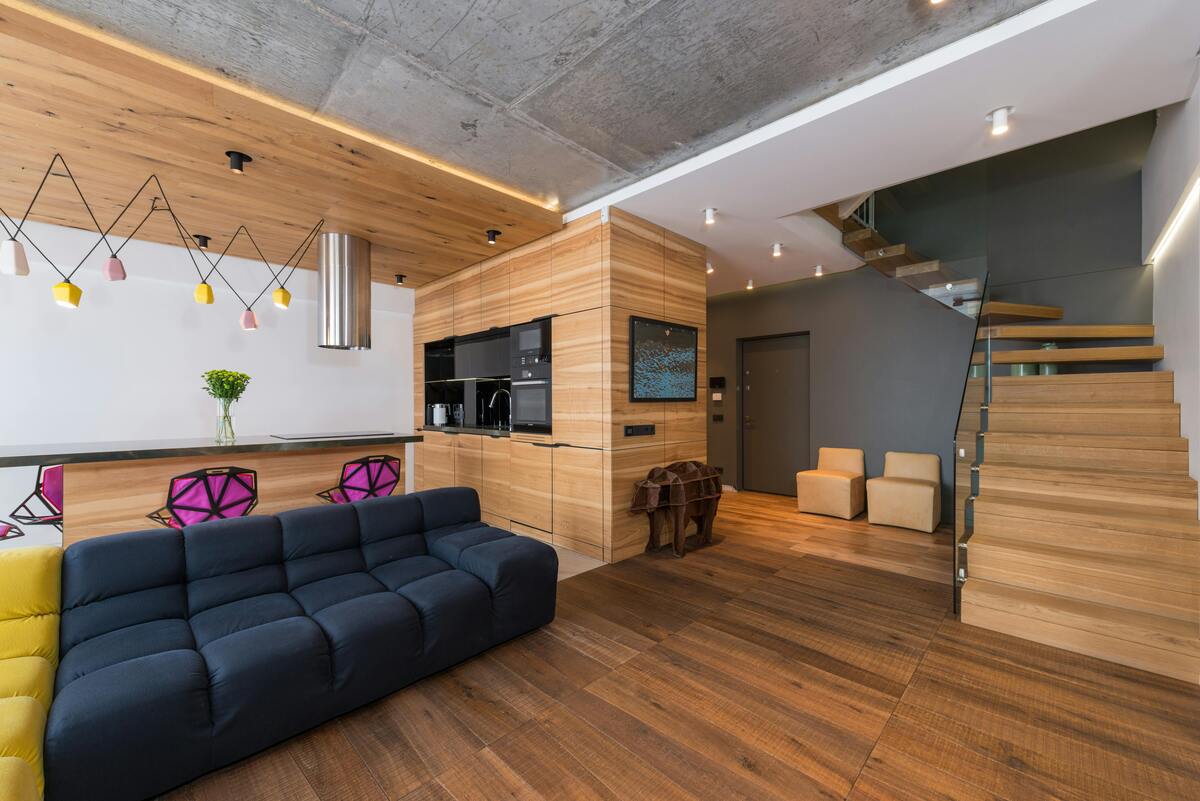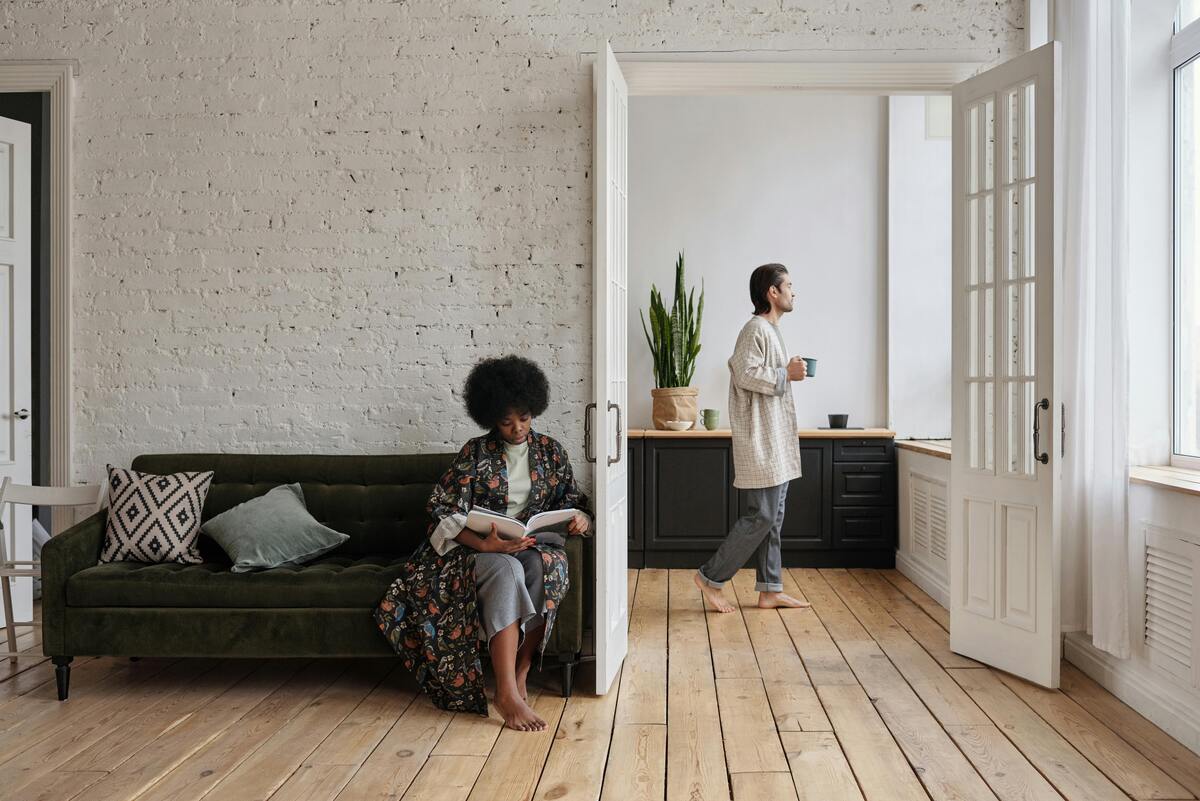![]() Simon at Fine Living was a pleasure to work with during the process of selling our apartment. The nature of selling an apartment or house can be very stressful, but Simon stayed calm and problem solved at every turn. He went above and beyond to hold our hands through this process and I can’t thank him enough. Cheers Simon.
Simon at Fine Living was a pleasure to work with during the process of selling our apartment. The nature of selling an apartment or house can be very stressful, but Simon stayed calm and problem solved at every turn. He went above and beyond to hold our hands through this process and I can’t thank him enough. Cheers Simon.
What are the advantages and disadvantages of buying a house at auction? Here is my comprehensive guide to buying a house at auction.

Article written by Simon Jackson, the Managing Director of Fine Living and a property expert with more than 20 years of industry experience. Simon has worked for large corporates as well as boutique agencies – now he brings the best of both worlds to Fine Living. Having lived in London for over two decades too, his knowledge of the property market in the UK capital is second to none.
There is a growing trend in the UK of buying a house at auction. Previously targeted more at investors and developers, more and more first-time buyers are purchasing properties at in-person or online auctions.
I wrote recently about what to consider if you’re thinking about selling a house at auction.
January 2024 was the busiest ever in auction history according to Essential Information Group, with the number of properties selling under the hammer growing by 50%. And for August 2025, their most recent data shows that lots offered rose 22.7% year-on-year, with sales increasing by 15%.
But what are the advantages and disadvantages of buying a property this way?
Contents:
Key takeaways: Buying a house at auction
- Property auctions let buyers bid competitively, with the highest bid above the reserve price winning the property.
- Traditional auctions occur in person with immediate contract exchange and fast completion, while modern auctions run online over a longer period with more flexible terms.
- Benefits include a faster purchase process, transparency on buyers’ offers, no seller property chains and no gazumping.
- However, property auctions provide significantly less time for due diligence and have strict payment terms.
What is a property auction?
Property auctions take place at a scheduled time and date where the auctioneer invites competitive bids from all interested buyers. Typically the person placing the highest bid, provided it meets or exceeds the reserve price, secures the property.
The seller engages an auctioneer who has local knowledge to appraise and value the property, helping to decide on guide and reserve prices. Prospective buyers have access to a legal pack containing title deeds, property searches, conditions of sale and other relevant documents.
The auctioneer markets the property through various channels, including online platforms and investor networks – often including photographs, legal documentation and energy performance certificates. They also arrange viewings or open days for potential buyers.
Prospective buyers must pre-register and go through identity and due diligence checks before bidding.
Traditional vs online property auctions
There are two main types of property auctions – the traditional method and the “modern method of auction” (MMoA).
Traditional property auctions
- Tend to take place in physical venues with live, in-person bidding
- Lead to an “unconditional” sale (usually) where the highest bid wins, with immediate exchange of contracts on the day of the auction
- Requires quick completion, usually within 28 days
Modern property auctions
- Take place online with bidding open for a period, often around 30 days, allowing more flexibility compared to the traditional process
- May use a reservation fee instead of requiring an immediate contract exchange, providing buyers more time for due diligence and financing arrangements.
Who pays auction fees: Buyer or seller?
Both the buyer and the seller typically pay fees in a UK property auction, with each party responsible for different types of charges.
Sellers are generally responsible for upfront and commission-based costs. These include an entry or marketing fee, which covers advertising the property and the seller must also prepare the legal pack via their solicitor, incurring costs.
Additionally, sellers pay a commission to the auctioneer of the final sale price plus VAT, deducted from the proceeds upon successful sale. Some auction houses may charge a minimum selling fee, particularly for lower-value properties.
Buyers are required to pay several fees, primarily after the hammer falls:
- The most common is the administration fee, which covers the auctioneer’s costs in managing the sale. This is often a fixed, tiered fee, rising in accordance with the price of the property.
- Some auction houses may instead charge a buyer’s premium, typically ranging from 1% to 3.5% of the hammer price, plus VAT.
In certain cases, particularly with repossessed properties, this premium can be higher. Buyers may also need to reimburse the seller for search fees or other costs specified in the legal pack.
Buying a house at auction: Why?
So, why would a buyer choose to say no to the usual route – detailed in my first time buyer checklist – and purchase a property at an auction instead?
Common reasons include:
- Open bidding: Real-time and open bidding ensures buyers know if they have won without hidden negotiations. The auction process offers a level playing field for all bidders.
- No seller property chains: It eliminates the dependency on the seller having to buy another property first, which can delay or jeopardise a non-auction property sale. Once the auction hammer falls, the sale is legally binding, and there is no risk of the seller withdrawing due to complications in a property chain.
- No ‘gazumping’ offers: Unlike regular property sales where a seller might accept a higher offer after already agreeing with another buyer, auctions eliminate this risk.
- Investment opportunities: Auctions can offer the type of properties that are difficult to find elsewhere including repossessions, unusual homes, or those requiring renovation.
- Speed: Auctions typically complete within 20 to 28 days after the sale, much faster than private sales that can take weeks or months. Once the hammer falls and the reserve price is met, the sale is legally binding immediately.
Find out how long it takes to buy a house the regular way, not involving auctions.
However, there are several potential disadvantages to property auctions.
What to watch out for with property auctions
These can include:
- Limited time for due diligence: Buyers receive an auction legal pack before the sale, but it may be incomplete and they cannot usually ask questions or negotiate terms.
- No conditional offers: Unlike regular sales which allow negotiation and conditional offers, auctions have fixed terms and contracts become legally binding immediately when the hammer falls, which can trap buyers in problematic situations.
- Potential for overbidding: The competitive nature of auctions can push prices beyond market value, causing buyers to overpay in the heat of bidding. Sticking to a budget is critical but can be difficult during bidding wars.
- Strict and quick payment terms: With traditional auctions in particular, buyers usually must pay a substantial deposit immediately after winning the bid, with the balance due in a short period (often within 28 days). Failure to meet these deadlines can lead to financial and legal penalties.
- Higher risk: Auctions can feature properties with potential hidden problems or “as is” conditions in place. Buyers must accept the property in its current state, which in a worst-case scenario could include structural issues or legal complications that are not fully disclosed by the seller beforehand.
Given the additional risk, combined with the limited time for due diligence, it’s best to be as well prepared as possible if you’re planning to bid on a property at auction. I’ll share some best practices shortly.
How to buy a house at auction
This is the typical process for buying a house at auction:
- Research: Review the auction catalogues and legal packs to get details about the property in advance. View the properties you’re interested in and conduct surveys if possible.
- Do your due diligence: Instruct a solicitor or conveyancer to review the legal pack carefully. If your auction follows the traditional method, try to schedule your own survey before the auction date.
- Arrange your finance: Have financing arranged before bidding – read on to find out how to buy a house at auction with a mortgage. Many buyers pay a 10% deposit on auction day with the balance due within 28 days.
- Register to bid: Pre-register with the auction house, submitting proof of identity and paying the deposit or holding fee, if required.
- Attend the auction and bid: Participate in the live, telephone, proxy or online bidding. The highest bid at or above the reserve price wins the property when the auctioneer’s gavel falls.
- Complete: Engage your solicitor or conveyancer for the legal paperwork. Pay the required deposit immediately and complete the remaining balance by the deadline.
Buying a house at auction: Best practices
If you’re thinking about buying a house at auction, here’s my advice:
- Know your budget: Decide the maximum amount you are willing and able to spend. Remember to include extra costs such as the buyer’s premium, legal fees, survey fees, stamp duty and any renovation work.
- Arrive early: Turn up well before the auction starts. This gives you time to check any last-minute updates or addendums on the properties you are interested in. You could also attend other auctions in advance to familiarise yourself with the process.
- Understand the difference between guide and reserve prices: The guide price signals where the bidding will start or what the seller hopes to get. The reserve price is the minimum amount the seller will accept, but it remains confidential.
- Stay calm! Bidding can be fast-paced and exciting, but keep your emotions under control. Avoid getting caught up in bidding wars that push the price beyond your budget. Set your maximum bid ahead of time and stick to it to protect yourself from overspending.
- Ask to be kept informed: Request that the auctioneer keeps you updated on any changes to the sale conditions or properties of interest. Sometimes properties have new information released shortly before the sale, which could impact your decision to bid.
Arrange your financing in advance so you have the necessary cash or mortgage approval ready for the deposit and final payment.
How to buy a house at auction with a mortgage
While it’s possible to secure a mortgage for an auction property, check that you can get an agreement in principle first.
The property needs to meet lenders’ criteria – such as having a functioning kitchen, bathroom, running water and a safe structure.
Properties requiring major work or with structural defects often do not qualify for standard mortgages. This is similar to the situation with trying to finance property flipping.
If the property is unmortgageable or you need funds quickly, explore specialist auction finance or bridging loans. These short-term loans cover the purchase and renovation costs, allowing you to switch to a regular mortgage once the property becomes mortgageable.
Final thoughts: Buying a house at auction
When you’re looking for a property to buy, start by working out the location you’re interested in. An experienced estate agent, familiar with the local area, can then help you find the right property.
They may also know about listings that are not widely advertised such as off-plan property or off-market properties.
If you’ve weighed up the advantages and disadvantages but overall, you like the idea of buying a house at auction, ask your estate agent if they can recommend an auction house to register at.
The team at Fine Living has property experience from all over London and we stay updated with the very latest market data.
If you have any queries or would like to enquire about a property in the Fine Living portfolio, please don’t hesitate to get in touch.
Want to discuss the advice on this blog - or anything else?











